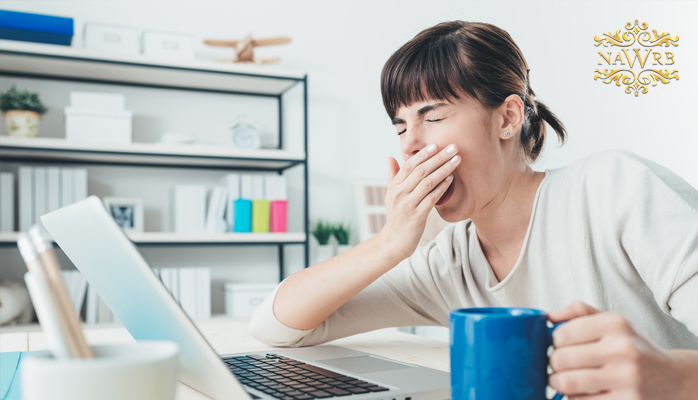A recent survey reveals that over half of American workers feel they are significantly affected by a lack of sleep, a phenomenon that may only worsen with daylight savings time taking effect this past weekend. The study was conducted online on behalf of CareerBuilder by Harris Poll and surveyed over 3,200 employees ages 18 and older during November and December of 2015.
The survey found that 58 percent of employees don’t feel they get enough sleep, and 61 percent report sleep deprivation having a negative effect on their work. Equally troubling, 44 percent of respondents stated not being able to fall asleep at night because they were thinking about work. A mere 16 percent of participants said they get the recommended eight hours of sleep a night, 63 percent sleep six to seven hours a night and 21 percent sleep five hours or less. Lack of sleep is so prevalent and impacting that 21 percent of workers reported calling in sick in order to catch up on their sleep.
Additional Survey Findings:
- 43 percent have caught a coworker sleeping at work, and 39 percent would use a nap room if offered at their work
- 61 percent of participants stated sleep deprivation impacts their work by making the day go by slower, affecting motivation, leading to mistakes, etc.
- 60 percent of respondents said they have dreamed about work and of this group, 13 percent say it happens often
“We see more and more workers check into the office at all hours of the day, give up vacation time and work even when they’re sick. Yet it’s not necessarily making us more productive, and companies are starting to recognize that,” states CareerBuilder chief human resources officer Rosemary Haefner. “We’re starting to see companies put more emphasis on employee wellness and work/life balance—whether it’s providing designated ‘nap rooms’ for employees, encouraging them to take advantage of their vacation time or simply giving them more flexibility in their work schedules.”
For many Americans toiling within our competitive professional environment, their career is just as important as their health. But the truth is you can’t work if you are not alive. If you get just a little more sleep, you may notice an appreciated difference both in and out of the office. If you take care of yourself, you will be able to take care of your work.
These statistics depict that even though we are devoted to our work, we are not always dedicated to ourselves. What is your opinion? Does sleep trump work, or the other way around? Should we be more worried about the adverse effects of working too hard, or do you strive for professional achievement and deal with its demands and consequences as they come?
Let us know what you think by commenting below!

 Login
Login

